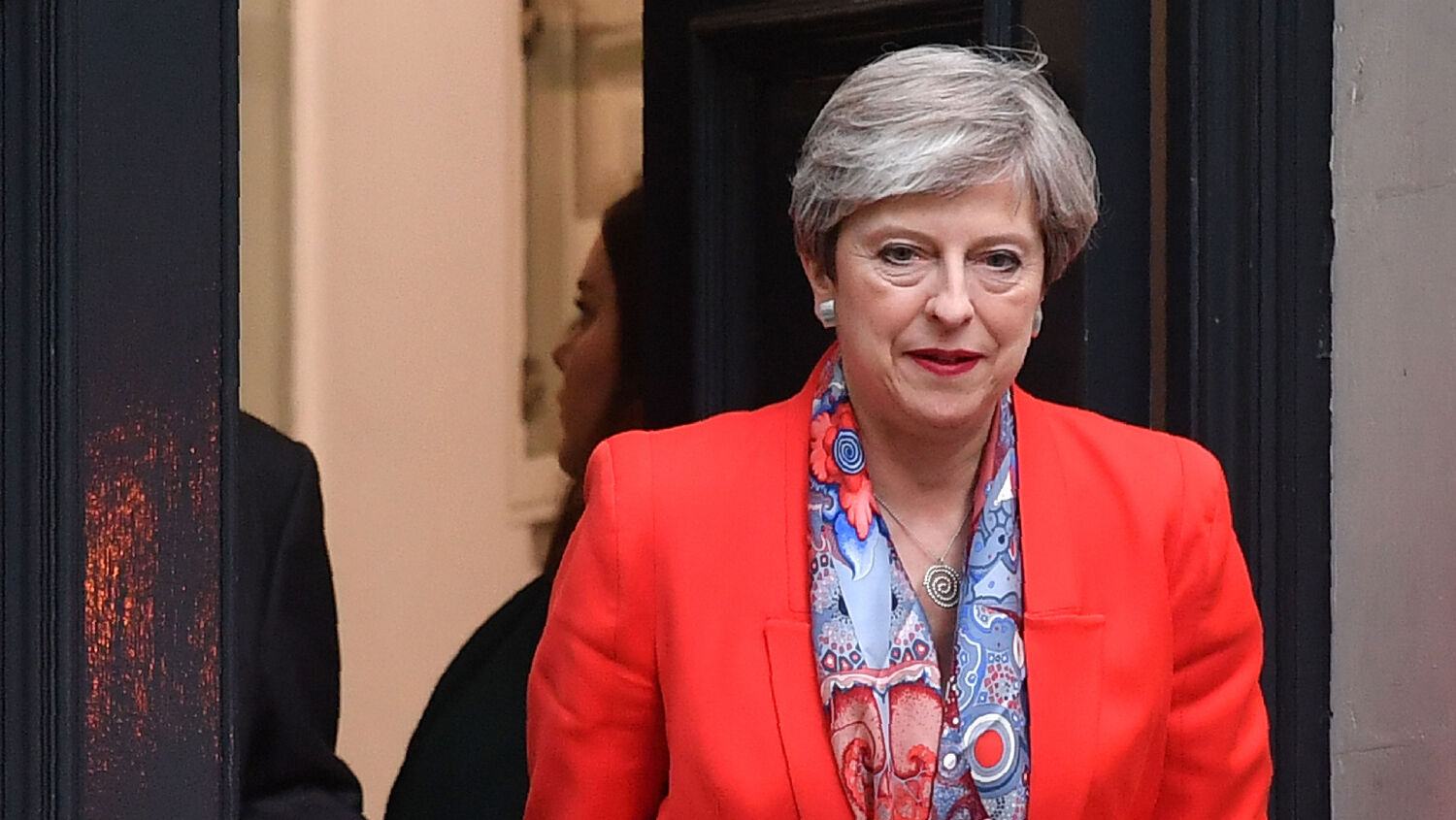
UK Election Chaos: What Next?
Once again, a British election result has shocked the world. For weeks, it looked as if winning the election would be a cakewalk for Conservative leader Theresa May. Ms. May called the election on April 18 believing the Conservatives would easily dominate, boosting Conservatives’ control of Britain’s government. Polls at the time indicated May would wipe the floor with Jeremy Corbyn, her main opponent and the leader of the Labour Party, and a man so radically left even many Labour members thought it impossible he would come anywhere close to threatening Ms. May.
Yet here we are: Britain has a hung Parliament.
For those who don’t follow British politics closely, this means that no party emerged with a majority of parliamentary seats, and therefore a mandate to rule alone. The Conservative Party will remain the largest party in Parliament, but has won only 318 seats, three seats short of the 322 required for an effective majority (there are 650 seats in Parliament, but Sinn Fein’s seven representatives never take their seats, bringing the number of M.P.s down to 643). So in order to continue to lead Britain, Ms. May will need support from another party.
So where to now for Britain’s government, and what does this mean more broadly for Britain?
The whereto is fairly straightforward: Theresa May will need the support of Democratic Unionist Party (dup) in Northern Ireland, which won 10 seats. The dup is a right-wing party dedicated to keeping Northern Ireland in the United Kingdom. It typically aligns with the Conservatives on most issues. But gaining the dup’s support will come at a price. If the dup somehow refuses to support the Conservatives, then another election could be in the pipeline. It is almost impossible for Labour to form a government (although it’s hard to completely rule out anything these days).
Yesterday’s result also means May’s position is incredibly unstable. The influential Bow Group conservative think tank is already calling for a fresh leadership election. May allies have indicated she won’t step down, but that doesn’t mean she won’t be pushed to. Many Conservatives are furious at Ms. May for calling the election in the first place, for running a disastrous campaign, and for initiating what could end up being a massive setback for Conservatives in Britain.
Even if May survives and continues as prime minister, she will lead an unstable coalition. When May called the election, she said, “Division in Westminster will risk our ability to make a success of Brexit.” May only had a small majority at the time, which, she said, made negotiations with Europe tough. This election was supposed to give her a much larger majority and stronger position in Brexit negotiations.
After yesterday, Brexit negotiations will be much harder. With such a slim majority, it will only take a few M.P.s to block any law—including any compromise with the European Union. Go “too soft” on Brexit, and just a handful of euroskeptic Conservatives could block it. Too hard, and the pro-Europe Conservative M.P.s could get in the way.
Brexit negotiations were already going to be tough; after yesterday, they’ll be torturous.
And Brexit is just one of the biggest issues facing the next government. Britain, it seems, will have no strong, stable leadership anytime soon.
How did this happen?
It’s still early, but it looks like Britain’s youth made the difference. Figures on the youth vote aren’t available yet (despite statistics circulating on social media), but there are strong indications that an unexpectedly strong youth vote played a major role in the surprise vote. Ahead of the election, polls forecast a low youth turnout and a Conservative landslide. Polls that forecast a higher youth turnout more accurately reflected the final vote. The left-wing Mirror is already running an article titled “Revenge of the Youth! How 18-to-24-Year-Olds Furious Over Brexit Gave Theresa May a Disastrous General Election Result.”
A Times Higher Education study published earlier this month found that Labour had overwhelming support from university staff—54 percent backed Labour, and only 7 percent backed the Conservatives.
Where does Britain go from here?
Who knows—and that is scary. Whatever the details, Britain seems to be heading into one of the most significant periods of transformation and decision-making in its history. It has to decide what kind of nation it is after leaving the EU. It is also being hit by a major outbreak of Islamic terrorism. And now it has highly unstable leadership.
For more on what this says about Britain and where this is going, keep watching theTrumpet.com.
